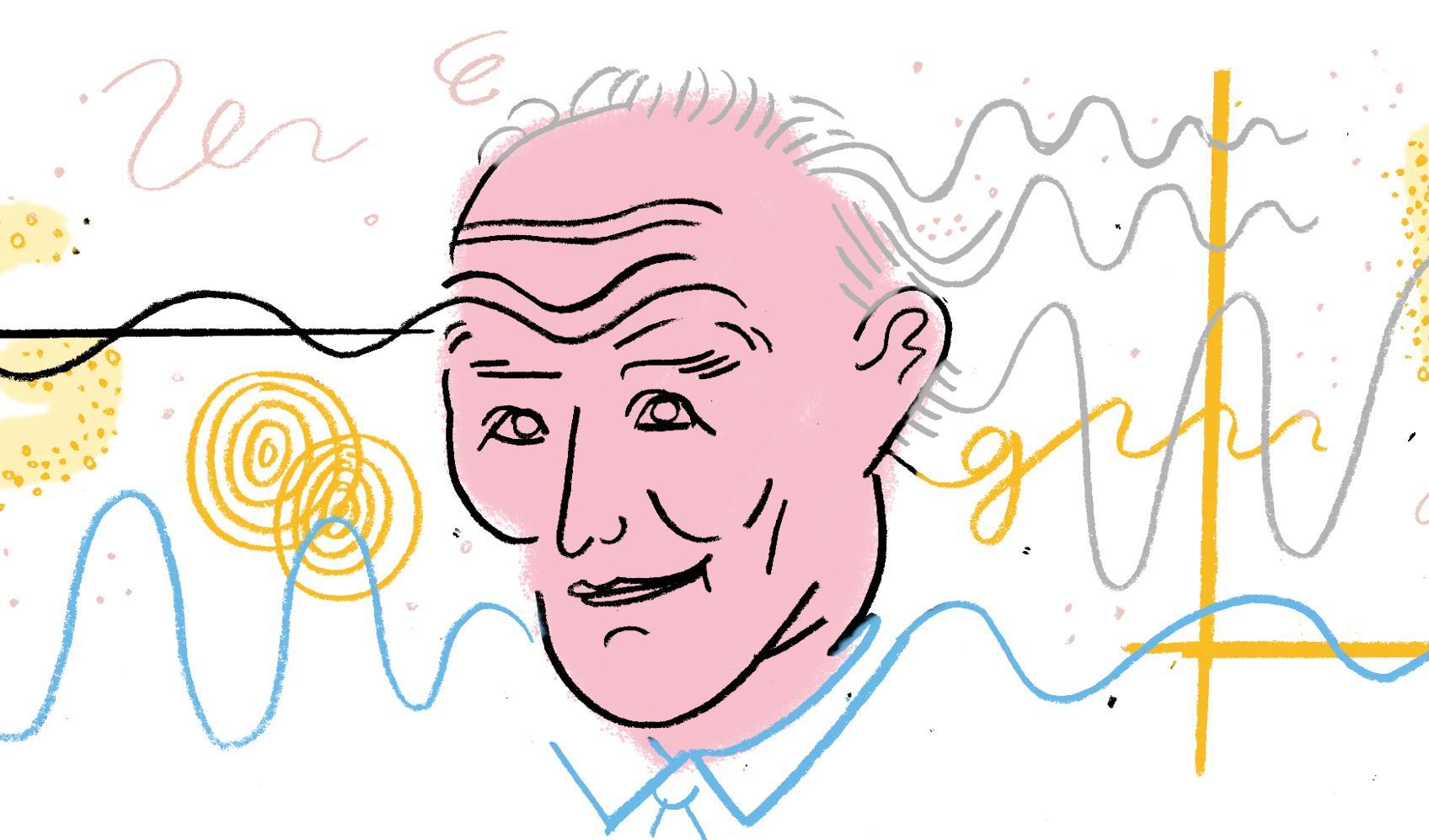Max Born: The Nobel prize winning physicist’s advice on what causes ‘all evil’
We should all aim for a 'loosening of thinking'

Your support helps us to tell the story
From reproductive rights to climate change to Big Tech, The Independent is on the ground when the story is developing. Whether it's investigating the financials of Elon Musk's pro-Trump PAC or producing our latest documentary, 'The A Word', which shines a light on the American women fighting for reproductive rights, we know how important it is to parse out the facts from the messaging.
At such a critical moment in US history, we need reporters on the ground. Your donation allows us to keep sending journalists to speak to both sides of the story.
The Independent is trusted by Americans across the entire political spectrum. And unlike many other quality news outlets, we choose not to lock Americans out of our reporting and analysis with paywalls. We believe quality journalism should be available to everyone, paid for by those who can afford it.
Your support makes all the difference.Google is celebrating the work of Max Born, a physicist whose work changed the way we live today. But he also advised people on how to live, too.
Much of Born's work was highly complex: dealing with the still mysterious and unknown topic of quantum mechanics. He established many of the foundations of a discipline that still today remains hard to understand even by the scientists who work in it.
But he took that same sense of mystery and uncertainty into his thought about life in general, too. And he said that it would help everyone to do the same, since believing yourself to know everything can be incredibly dangerous.
Born knew about evil. Along with other scientists like Albert Einstein, he and his family were forced to flee Germany and the Nazis in 1933, fearing for their own safety – he would go on to live in many places across the world, including at Cambridge, Edinburgh and Bangalore. He would return to Germany after his retirement.
He saw that evil – and all evil – as being caused by a belief in complete truths and absolutely certainty. It was an approach that was reflected across both his work and his ethical thinking.
"I believe that ideas such as absolute certitude, absolute exactness, final truth, etc. are figments of the imagination which should not be admissible in any field of science," Born said. "On the other hand, any assertion of probability is either right or wrong from the standpoint of the theory on which it is based.
"This loosening of thinking seems to me to be the greatest blessing which modern science has given to us. For the belief in a single truth and in being the possessor thereof is the root cause of all evil in the world."
That same approach could be seen in his work. Perhaps Born's most famous work, and the one commended when he won the Nobel prize, which was given "for his fundamental research in quantum mechanics, especially for his statistical interpretation of the wave function".
That work came to be known as the Born Rule. And like his philosophical beliefs, it arose from the recognition that messiness can be both the natural state of the world and a good way to be – his research proposed that quantum mechanics shouldn't work by attempting to make exact measurements of wave particles, but rather that it was better to estimate where they would be using highly complex measures of probability.
Join our commenting forum
Join thought-provoking conversations, follow other Independent readers and see their replies
Comments